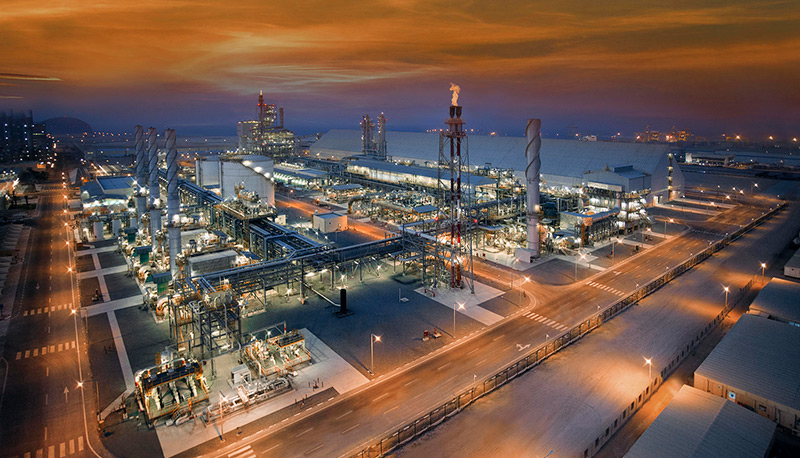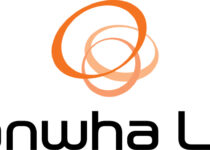TA’ZIZ and Fertiglobe today announced that they have signed an agreement for Fertiglobe to join the world-scale blue ammonia production project at TA’ZIZ in Ruwais, Abu Dhabi. The agreement further strengthens the UAE’s hydrogen value proposition, building on the deep experience in carbon capture and storage of ADNOC, and the world leading ammonia capabilities of Fertiglobe, to develop the first-of-its-kind large scale blue ammonia project in the MENA region.
The project benefits from its location in the purpose-built TA’ZIZ Industrial Chemicals Zone, adjacent to the Ruwais Industrial Complex, which will supply the project with attractive hydrogen and nitrogen feedstocks. The agreement is subject to regulatory approvals.
Since launching in 2020, TA’ZIZ has attracted significant interest from local and international investors. Today’s agreement marks the first international investor to partner with TA’ZIZ, with further announcements for other TA’ZIZ projects expected shortly.
His Excellency Dr. Sultan Ahmed Al Jaber, UAE Minister of Industry and Advanced Technology and ADNOC Managing Director and Group CEO, said: “This is a significant milestone in the development of our blue hydrogen and ammonia business and capitalizes on the strong foundation that ADNOC has developed with Fertiglobe. We believe hydrogen and its carrier fuels, such as ammonia, offer strong potential as low-carbon energy sources. As we continue to grow our manufacturing base in Ruwais, the UAE is well-placed to meet increasing global demand for this new fuel while strengthening our position as a world-scale chemicals and industrial hub and top destination for local and international investment.”
The companies will jointly conduct pre-FEED and FEED activities and in parallel ADNOC will undertake a sole-risk feasibility study on blue ammonia. The Final Investment Decision is expected in 2022, and start-up is targeted for 2025.
Nassef Sawiris, Executive Chairman of OCI N.V. and CEO of Fertiglobe, commented: “I am pleased that we are extending our partnership with ADNOC through this venture, as it fits well in our strategy to decarbonize our global and regional platforms. It helps grow our low carbon and Clean Fuels product offering, which includes our fast-growing biofuels business, further builds on our recently announced 365,000 tons per annum blue ammonia capability in Texas, and leverages OCI’s and Fertiglobe’s globally leading position in ammonia.”
“It also capitalizes on the huge potential that we expect ammonia to offer as part of the accelerated global shift to clean energy and as an enabler for the hydrogen economy. Ammonia is a versatile and clean hydrogen carrier, with many exciting fuel applications, in addition to a diverse array of fertilizer and downstream industrial uses. The use of ammonia as a shipping fuel is particularly promising as it is, together with methanol, the only practical alternative for long-distance shipping to decarbonize in a cost-effective way. This project therefore creates exciting growth opportunities for Fertiglobe that will strengthen its market-leading position.”
Blue ammonia is made from nitrogen and “blue” hydrogen derived from natural gas feedstocks, with the carbon dioxide by-product from hydrogen production captured and stored. Ammonia can be used as a low-carbon fuel across a wide range of industrial applications, including transportation, power generation and industries including steel, cement and fertilizer production. The facility’s capacity will be up to 1 million tons per annum.
The project will build on the UAE’s position as a major producer and reserves holder of natural gas and leadership in Carbon Capture Utilization and Storage (CCUS). CCUS is the use of advanced technology to prevent CO2 from entering the atmosphere after it is expended as a by-product of industrial processes. ADNOC today operates, Al Reyadah, the world’s first fully commercial CO2 facility for the iron and steel industry and the first commercial-scale carbon capture, utilization, and storage facility in the Middle East. Each year, Al Reyadah captures up to 800,000 tons of CO2 from local UAE steel production.







